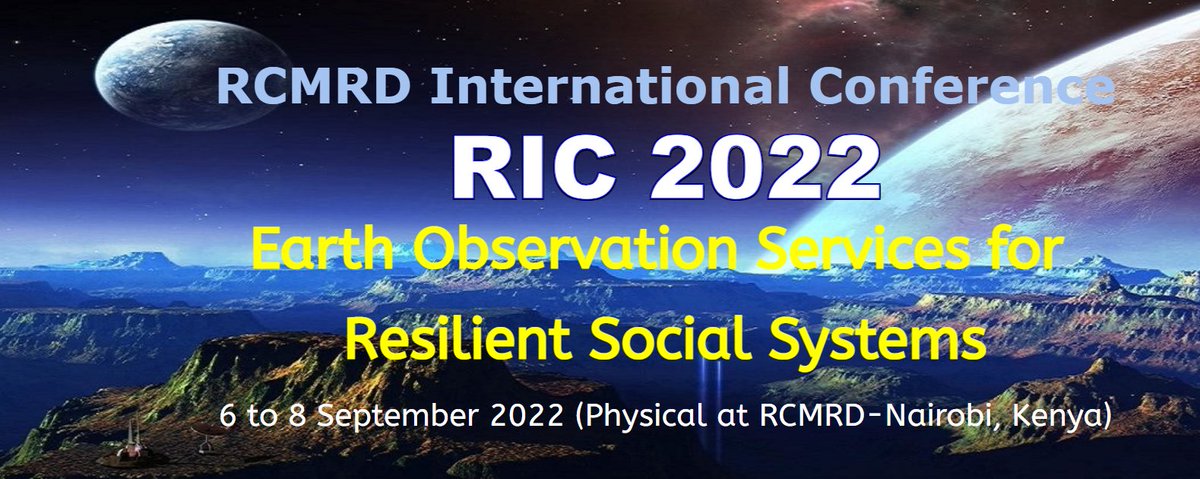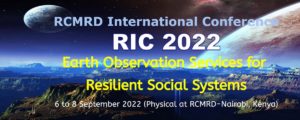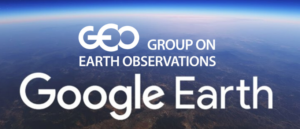Dear Colleagues,
We hope you consider submitting an abstract to AGU-2022 Session GC035, Earth Science for Advancing National Implementation of the Sustainable Development Goals. Submission deadline is Wednesday, 3 August 2022, 23.569 EDT. We expect broad multi-disciplinary participation to address this vitally important research/applications area of national and international relevance. Your abstract would contribute substantially to the understanding and showcasing of the applications of EO to advance national and international efforts towards achieving sustainability.
On behalf of the Conveners—-Best Regards
Sushel Unninayar, NASA/GSFC & KBR/MSU
Argyro Kavvada, NASA Headquarters
Danielle Wood, Massachusetts Institute of Technology
Jared Entin, NASA Headquarters
Session GC035: https://agu.confex.com/agu/fm22/prelim.cgi/Session/161799
GC035 – Earth Science for Advancing National Implementation of the Sustainable Development Goals
Submit an Abstract to this Session
Quantifying progress towards achieving the Sustainable Development Goals (SDGs) requires an unbiased monitoring of the indicators and targets of the 17 SDGs. Many of the SDG indicators can be effectively and efficiently observed with Remote Sensing Earth Observation (EO) platforms and associated data assimilation systems. For example, SDG-2 (Zero hunger—agriculture/food production); SDG-3 (Health—environmental parameters and habitats); SDG-6 (Water–surface and ground); SDG-7 (Clean energy—renewable); SDG-11 (Sustainable cities); SDG-13 (Climate); SDG-14 (Life under water—coastal/marine), SDG 15 (Life on land). This session showcases the application of integrated EO together with complementary in-situ and model information to quantitatively assess the SDG indicators (baseline states and change) as a guide to policy level decision making and the strategic operational management of natural resources. The session also considers environmental and climate justice issues and invites examples of public – non-public partnerships to accelerate efforts for advancing sustainable development within the context of climate change.
Primary Convener
-
-
- NASA Goddard Space Flight Center & KBR/MSU
-
Conveners
-
-
-
- NASA Headquarters, Booz Allen Hamilton
-
-
- Massachusetts Institute of Technology
- NASA HQ – SMD




 Save the Date for the Annual RCMRD International Conference #RIC2022 happening on 6th -8th September, 2022 at RCMRD-Nairobi, Kenya.
Save the Date for the Annual RCMRD International Conference #RIC2022 happening on 6th -8th September, 2022 at RCMRD-Nairobi, Kenya.
